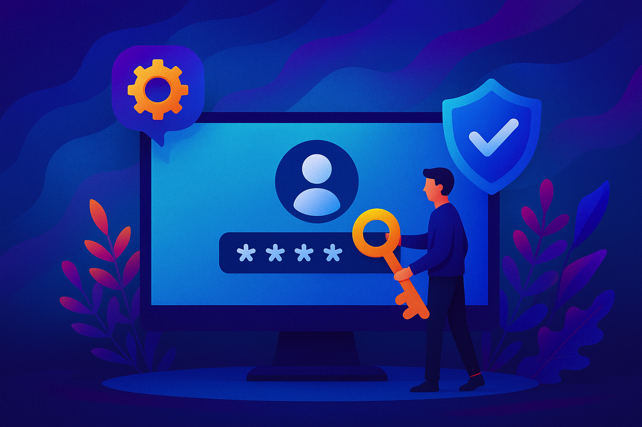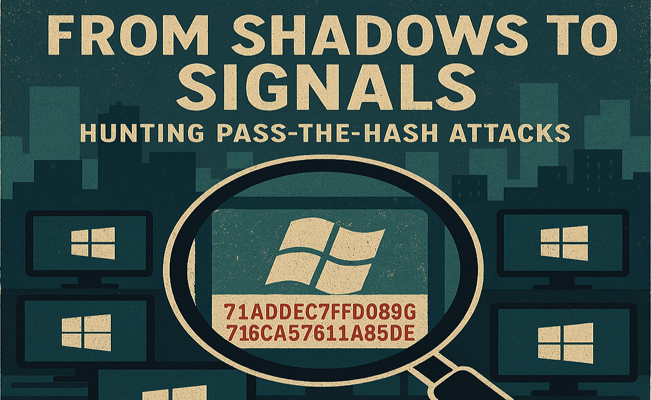
Cyber vulnerability assessments: Identify and understand your cyber security weaknesses.
Cyber vulnerability assessments and vulnerability scanning services are designed to identify all possible routes of attack. By identifying the attack surface of your external and internal IT estate, we can gain an understanding of security weaknesses in your environment.
At In.security, we use automated vulnerability scanning to isolate and quantify potential vulnerabilities as well as measure their severity and likelihood of exploitation. To ensure your organisation is equipped against attack, our vulnerability assessments are the fastest and most cost-effective way to gain the best understanding and employ comprehensive preparation.
Benefits of cyber vulnerability assessments: With actionable results.

Here to help: Cyber Vulnerability Assessments FAQs.
Yes, we can attend your premises for vulnerability assessments, especially for services such as internal infrastructure/application testing or wireless assessments. We can also operate remotely too and still yield the same results; all of our services are offered globally.
Depending on your requirements, we can often start engagement within 48 hours.
Yes, we do. If, over an agreed period of time, you require a significant amount of testing and/or training, either ad-hoc or at regular intervals, we can help. What we do is set up a pool of testing days or training courses – or both – that can be used when you require them. Plus, our managed service contracts attract a discounted rate.
After the vulnerability assessment finishes, we will compile our report and get it back to you within five working days – but will always strive to get it to you sooner.
Yes, we can work at your requested times. However, explicit out of hours testing may incur an additional charge.
Due to the inherent nature of penetration testing and red team engagement, we can never fully rule out the possibility of service instability. However, we will make every effort to ensure the risk is minimised. We will never carry out denial of service (DoS) tests.




